What insight does an evolutionary perspective bring to movements to reduce animal suffering? Can an understanding of the evolution of human psychology and behavior challenge widely-held ideas about why we mistreat animals, and perhaps offer new strategies for improving the lives of animals?
In an interview with evolutionary psychologist Dr. Diana Fleischman, she offered her insight on these questions and others. While Dr. Fleischman has shared end goals with many ethical vegans and members of the animal rights and protection movement(s), her perspective and positions often differ in ways that some may find challenging and controversial. Read our discussion below to learn more about why she became disillusioned with strict vegans, why she says animal abuse is “normal,” and why she doesn’t think changing human feelings is the best way to reduce animal suffering.
Dylan Forest: You have an interesting perspective, as an evolutionary psychologist and someone also interested in reducing animal suffering. Can you tell me about what you specialize in when it comes to your academic work, and how nonhuman animal sentience and suffering became a focus of your intellectual life as well?
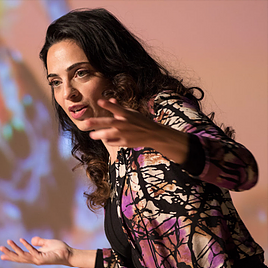
Dr. Diana Fleischman: I became attracted to evolutionary psychology, in large part, because the evolutionary perspective on human psychology readily compares human and nonhuman animals. When we look at animals, it’s uncontroversial to take an evolutionary perspective on their behavior. Considering both human and nonhuman animals through an evolutionary lens led me to take animal suffering seriously, and to ascribe moral status to the experience of animals.
I’ve worked on many different areas as an evolutionary psychologist, but disgust is where I have the most expertise. Disgust is a rare emotion that might be uniquely human, and disgust has a lot to do with meat eating and other aspects of human-animal relationships.
You’ve aligned yourself in the past with sentientism, which is, in short, the stance that moral consideration should extend to those who are sentient, or those who can suffer. How do you consider this distinct from veganism, and why is that difference important?
Let me preface this by saying I am positive towards the foundational precept of veganism, that we should avoid using animals as much as is possible. There are also a lot of vegan sentientists. But, after spending several years as a strict vegan who kept company with other strict vegans, I became pretty disillusioned with the attitudes and approach of the vegan community. In my experience, vegans have a fairly black and white view of the world. You are either vegan or not. Most vegans believe all animals matter equally morally. Having a piece of cheese, a burger or a spoonful of honey are all equally bad because they are all equally not vegan.
After seeing vegans focus on what beer or bread is vegan or whether a restaurant was frying tofu in the same oil as cheese or meat I realized that, unfortunately, veganism attracts a lot of people who are obsessed with food purity. This purity focus detracts from a focus on animal suffering and makes people take vegans less seriously. This became even more apparent when I started to endorse eating oysters and mussels as in keeping with the spirit of vegan ethics [see part 1 and part 2 of Dr. Fleischman’s exploration of the ethics of eating bivalves].
A sentientist approach is more concerned with the degree of suffering or harm, based both on an animal’s ability to suffer and the quality of their lives. I’ve written before that we should consider our “suffering footprint.” Sentientism is an evidence-based utilitarian moral perspective—one that sees gradients of harm and that prioritizes the experience of the suffering organism. Sentientism, like utilitarianism or effective altruism, doesn’t come to any ironclad ethical conclusions. That’s its biggest strength and its biggest weakness.
It’s also important to mention that sentientism is still evolving as a philosophy. Jamie Woodhouse, for example, also connects sentientism to secular humanism. I have many controversial views, and I wouldn’t want anyone to think that my views are representative of all sentientism.
There is a widely-held belief among animal advocates that cruelty to animals is a strong indicator of serious mental health issues and/or predictor of additional violence and criminal behavior. This is often referred to as “The Link.” You’ve argued, instead, that animal abuse is normal. Can you expand, briefly, on what “normal” means for someone with an evolutionary perspective, and why you consider harming animals to be within the range of normal behavior?
As an evolutionary psychologist, I believe a cynical view of human nature is, more often than not, a correct view of human nature. The fascination that we have with nonhuman animals and the desire to figure out what they are thinking and feeling, which leads some of us to take their suffering seriously, evolved to better enable us to exploit them for food. Predators from house cats to dolphins to human hunter-gatherers all play with other animals. About half of college students in one study admitted to having abused an animal. But animal abuse isn’t the same as torturing many animals to death for fun. The latter is probably evidence for some dysfunction and what people are mostly thinking of when they think of “animal abuse.”
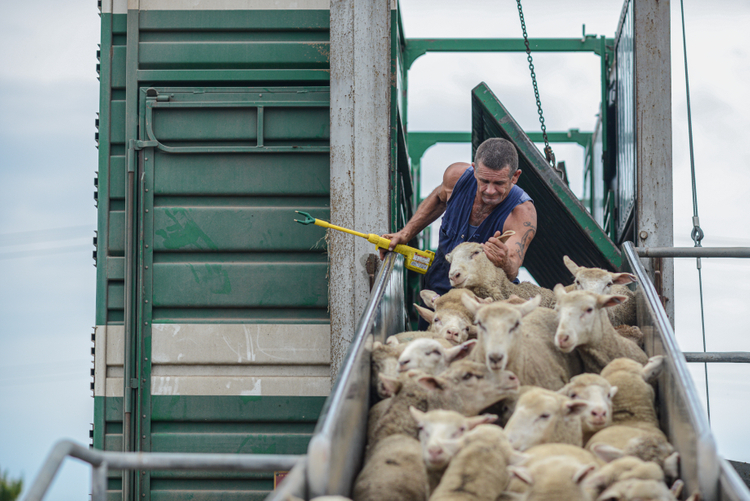
Finally, I think the moral panic around animal abuse is ironic, given that in the process of eating factory farmed animal products (99% of animal products on the market) we are, indirectly, getting pleasure though animal suffering.
I find this perspective on animal abuse compelling, but it also leaves me with many more questions about what this means for the movement to reduce animal suffering. If we accept abusing animals as a normal, evolved part of human behavior, where does our movement go from there? How does this inform your thinking about the best strategies to improve animal lives?
I think it’s normal and natural for parents to physically punish their children, for men to hit women, for people to cheat, exploit and murder one another. If any of these things weren’t normal and natural we wouldn’t need laws, punishment or social stigma. Only through a realistic view of where we are, can we overcome our natural human inclinations. Our species evolved intelligence, cooperation and civilization on the suffering and subjugation of others. The flourishing of every group of humans through history, and every civilization, whatever its virtues or vices, has developed on the backs of other groups of humans, on their subjugation and suffering. Normal and natural things, even if they led to where we are today, aren’t necessarily good or moral. Because I think humans slip effortlessly into abusing nonhuman animals, especially when humans are farming animals for food, I think the best way forward to stop humans from abusing animals is to make this kind of farming unnecessary. That’s why I’m such a big proponent of technologies like clean meat.
It can be hard for many animal advocates to keep from harboring serious cynicism about humans. We often try to tell ourselves that our species is good and compassionate deep down, but something has happened to change those who hurt animals. What are your thoughts on how an evolutionary perspective challenges this assumption, and how do you keep yourself from becoming misanthropic in light of this?
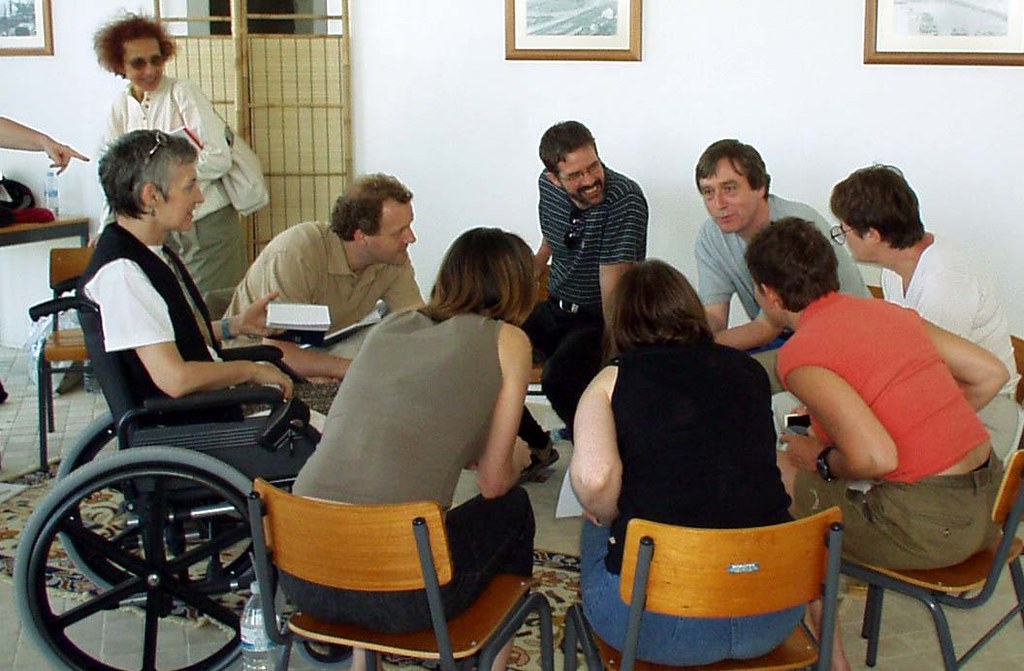
I know that cats often torture other animals to death for fun, I know that dogs often eat shit, and I know that the capacity for cruelty is part of being human. These facts don’t make me hate dogs, cats or humans. It’s our delusions about human benevolence that make us feel misanthropic when we are continually exposed to evidence to the contrary. Civilization is really the web of education, incentives and punishments that make consistent prosocial human behavior possible. In light of this, every day I feel grateful for civilization, rather than misanthropic about humanity.
Many people seem to see efforts to expand our circles of compassion as a linear path, where we are marching towards a world that is increasingly just and compassionate. You’ve said that “an evolutionary perspective does predict limits to this moral expansion.” What do you mean by this, and what do these limits mean for the fight for animal liberation?
Compassion isn’t the state of nature for human beings. It’s natural and easy to afford compassion and care to our close family and our close friends, because there is something selfishly in it for us. Our family members have our genes and our friends help promote our interests. Moral expansion has been possible in the developed world because of civilization, education, safety, nutrition and health. But, our capacity for compassion is not limitless.
In Peter Singer’s famous child in the pond thought experiment, he highlights the discrepancy between how we’d feel (and what we would sacrifice) seeing a child drowning right in front of us, and how we ignore the suffering of children who we can’t see. But the thought experiment probably can’t make you feel the same compassion and urgency for millions of suffering children that you’d feel for one drowning child. Our feelings are not a good guide to what is moral or good, because they evolved to promote our interests. If most of us cannot feel compassion or feel compelled to act on behalf of people we don’t know or people who don’t look like us, what hope is there for fish or chickens?
That’s why I don’t think we should depend on changing human feelings to promote the interests of animals. We should use evidence and rational thought to consider how to bring our behavior in line with our ethical views. That’s why I endorse clean meat, because it makes it effortless for humans to stop harming animals, rather than relying on a limited expanding circle of compassion.
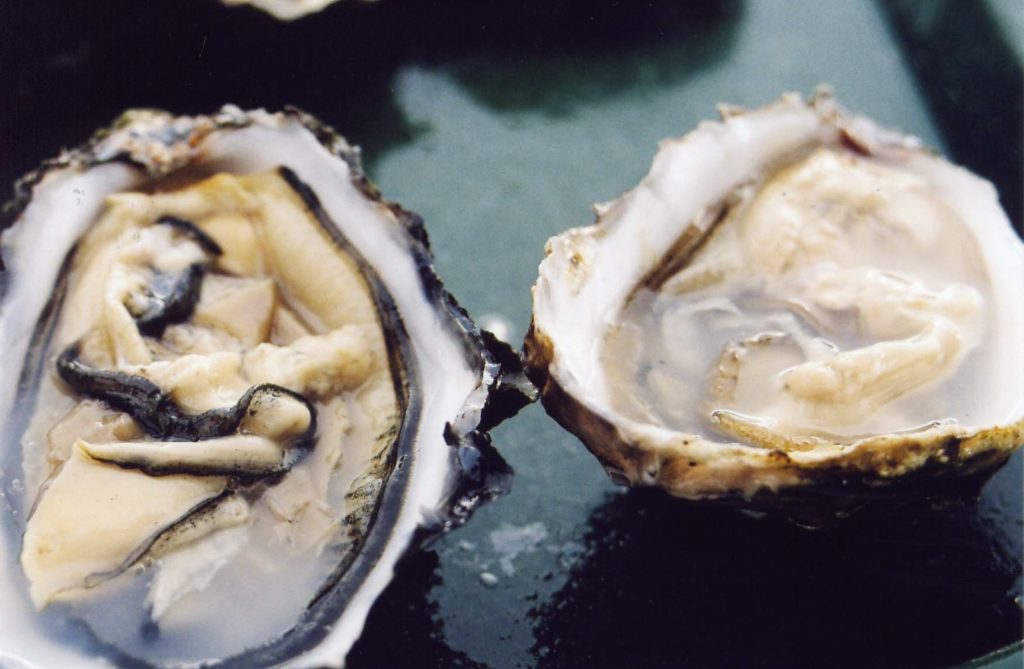
You’ve made the argument that cultivated oysters and mussels are almost certainly ethical to eat, and you’ve outlined your reasoning for this stance in detail. I find this scientifically-informed argument convincing, but I’ve been surprised by how many ethical vegans are hostile towards even discussing the issue. The answer I’ve frequently heard is “I don’t need to eat them, and they aren’t vegan, so why would I even think about this question?” How would you respond to this?
First, the scientific taxonomic category of “animal” is based on features like multicellularity, consuming oxygen and fast movement (in comparison to plants), not the capacity for suffering or sentience. Veganism is defined as not eating or using animals. So, the category of what is and isn’t vegan, in my opinion, doesn’t map perfectly onto sentience, and we shouldn’t expect it to.
Second, not everyone thrives on a vegan diet. So I made the argument that oysters and mussels offer some nutrients that are difficult to get in a vegan diet without supplementation, like cholesterol and vitamin B12. But it’s not that surprising that the same group of people who would argue about using honey would be hostile towards eating some bivalves. It’s indicative of the kind of purity, disgust sensitivity and black-and-white thinking I found in the vegan movement more generally.
You’ve endorsed clean (also called lab-grown) meat as a good way to reduce animal suffering, but you’ve also identified our evolved tendency to feel disgust over certain foods as a potential barrier to clean meat consumption really catching on. I wonder about disgust sensitivity and whether it could be an asset for the animal protection movement. What does your understanding of disgust over food tell you about whether there might be a way to activate disgust over eating animal flesh so that fewer people eat meat?

There are many vegans and vegetarians who come to a principled ethical stance about eating meat through their disgust sensitivity towards meat. People tend to be much more disgust-sensitive towards red meat as opposed to fish, chicken and eggs. So it’s common for people who just don’t like eating beef to round themselves up to vegetarian. All of us have met chicken and fish eating “vegetarians.” These disgust-sensitive self-described vegetarians almost certainly eat less meat than people who don’t describe themselves as vegetarians at all, but I’m not sure how much of an impact it makes. There is good evidence that we are more wary of and disgust sensitive towards meat and animal based foods and anything that seems “unnatural” compared to plant based foods. This is what has worried me about clean meat, that uptake is going to be limited by this aspect of evolved psychology. But, I’ve been heartened recently to see more people saying they will try it. I’m also optimistic because people in the clean meat space seem to be aware that they have to roll out this product carefully if they want to avoid the fate of GMO foods.
Featured image: hominid skulls. Image credit NightCity85, CC BY-SA 2.0.

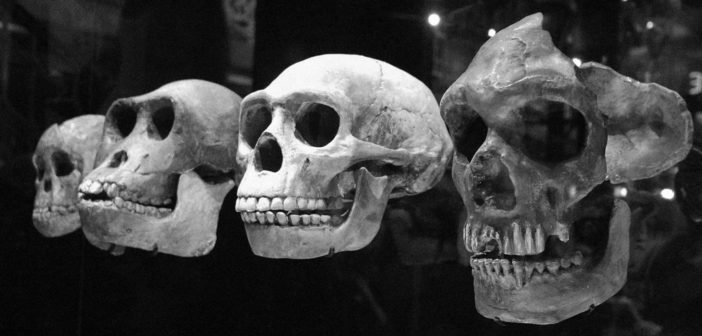




5 Comments
What you shared was helpful and helpful to me and many others. I will read it often. Please update new articles. If you have more time, please visit:
This is a brillliant article and fully articulates the thoughts i have had but found difficult to express for many years! thank you so much for this interview and introducing me to Dr. Diana Fleischman. Refreshing to hear rational thought coming from the animal welfare front
Very helpful tips..
First thing for one that calls herself an evolutionary psychologist I am disturbed with her views here with her interview that Dr. Diana Freishman has given here on animals and that she was once a vegan? Not a very good one at that? Did she ever have a cat or a dog?
And she says she was disillusioned with the attitudes of the vegan community, and says in her experience says vegans have a fairly black and white view of the world? I am a vegan, have been for 50 years of my life, I know why I became a vegan? Does she know why I am a vegan? , I will gladly tell her why? If she wishes so . And she with all her intellect and her studies, is all she has, but the experience and living it with animals, everyday, and seeing their peacefulness, as I have for 50 years as a vegan, all her studies is 0 ? Easy to sit in an office and write? but experience she has not lived it. their intelligence, for man has intelligence, but it is something to talk about. Bertrand Russell once said, he never has seen it yet in men? And my view of the world which she says that vegans have a white and black view is one that she is the first to have it? I see it as I have read her interview, , I speak here as a man ,as a human being, that understands what is right and what is wrong? And if it is right to abuse and kill animals or non-human animals, remember we are animals, and animals have a right to exist as we? Who are we to say that animals have no rights? Who is this person Diana Fleishman ? What human being is she ? Where is her heart, her humanity for all, human beings and animals alike? Yes animals too! It is a sad state of affairs to have one as educated as her and to believe that animal abuse is normal?
She may know her profession, but lacks universal culture , here she has no compassion for treating animals which she has none, her heart is made of stone. She should read Peter Kropokin , his book on Mutual Aid, she should read Leo Tolstoy on him being a vegetarian, read, read, she has a lack of understanding of morality, and ethics. Read Charles Darwin, on evolution, all she wrote is to be debated about seriously? her assumptions she has is dangerous and she is not the only person . She writes it is our delusion about human benevolence that makes us feel misanthropic? She speak for the ones such as her? I am not a misanthropic, which is immoral, unethical and people who are this should spend time in a slaughter house, and maybe it will enlighten them on this inhumane thinking? If we continue on this path of distorted views about our sentient beings as Diana Fleishman, we as Homo Sapiens will be extinct very soon. I recommend her to read ” Critical Theory and Animal Liberation ” by John Sanbonmatsu” for one to speak as one who believes her understanding of our non-human beings is one that needs to reevaluate all her learning for one , her morality she has none. And has she seen a slaughter house? What gives man the right to eat and kill animals? She needs to evolve as man needs to evolve.
you make running a blog glance easy. The full look of your site is excellent,